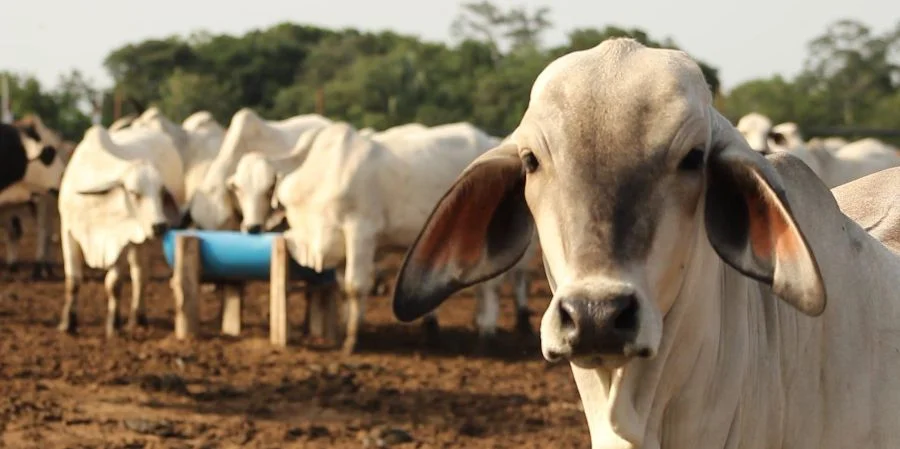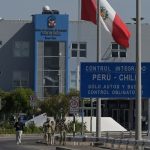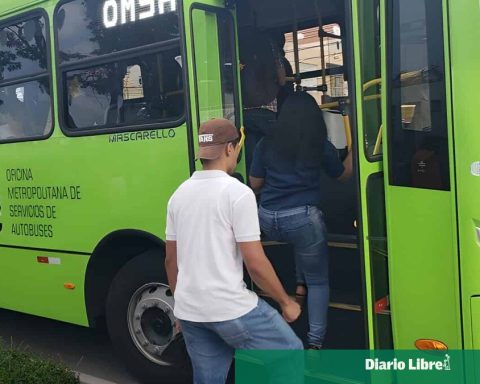MIAMI, United States. – Until August of this year, Cuban courts have tried 1,615 people for “conduct associated with the crime of illegal slaughter of livestock and trafficking of their meat,” according to official data. published this Tuesday by the official newspaper Granma.
The media detailed that 90% of those sanctioned were sentenced to imprisonment, and of these, 78% received sentences of up to 15 years in prison. The severity of the sentences “reveals the rigor in the treatment of these behaviors, greater than that applied to some crimes that put human life at risk,” he said. Granma.
Furthermore, in accordance with the provisions of the Penal Codethe confiscation of property and other accessory sanctions provided for by law were applied to those accused of these crimes, based on the circumstances of the facts. In pertinent cases, those responsible were obliged to compensate those affected for the damages caused.
The “exercise to control the use and ownership of land and livestock” began on March 1 and included visits to more than 80,000 livestock owners, both natural and legal persons. The authorities argue that this action seeks to “organize the livestock mass and achieve greater discipline in the fields, so that each producer knows the responsibility he has as a livestock breeder with the control, care and declaration of events.”
The Minister of Agriculture, Ydael Pérez Brito, reporting in the official program Round Table Regarding the first results of this control, he attributed the low yields of livestock to illegal “theft and sacrifice.” He also mentioned other illegalities such as “illegal sales, unmarked animals, as well as offenses and deaths that did not have adequate documentation.”
However, critics point out that it is the regime’s agricultural policies that have led to the deterioration of livestock farming on the Island. State interference in the management of livestock farmers limits their autonomy, and without the necessary resources, they must take care of their cattle in precarious conditions, often risking their lives due to the aggressiveness of those who steal the livestock.
Even, Granma He acknowledged in April that in Cuba “livestock areas have been destroyed” and with them the industry that previously flourished. Farmer Miguel Valdés Carmenate, in an interview with the newspaper, said: “Livestock farming in Cuba is bad because we have been allowing it to be destroyed for many years.”
“Livestock areas have been destroyed; We cannot reach the livestock farm with all the medications, the mineral salts that help the metabolism of the cows,” explained Valdés Carmenate. “The blockade has existed my entire life, and I’m not telling you that it hasn’t affected, but with the blockade and everything there was livestock farming in this country.”
Furthermore, he warned: “Livestock farming in Cuba is going downhill and, if we do not stop the deterioration in time, it will continue to sink. “Animals do not produce milk with water alone, even though water makes up 87% of milk.”
Economists and experts maintain that the solution to the crisis in the agricultural sector in Cuba requires transformations in property, the promotion of private enterprise, an emphasis on the market, supportive institutions and legal guarantees for private parties.
















